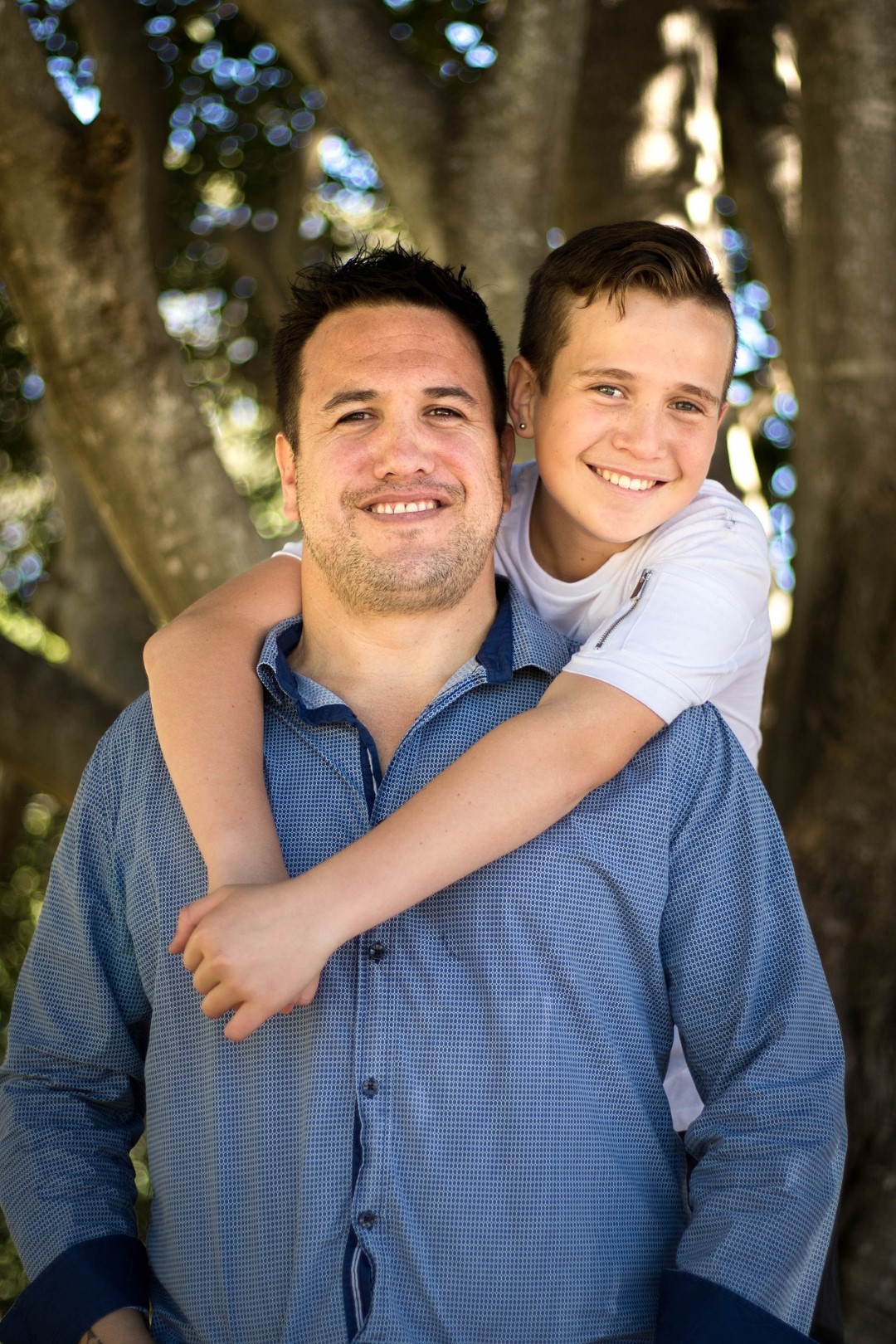How to cope when your child can’t: 5 top tips
August 05 2022

Caring for a child can be stressful, worrying and confusing at times. This is especially true when our loved one is struggling to cope with the stresses of life and is experiencing mental ill health. When someone we love is struggling, we often become unhappy too – it’s said that “you are only as happy as your happiest child.”
We think it's super easy to forget one important thing: that it is never selfish to look after yourself, no matter what other needs your loved ones have. You will also be much more able to help your child if you are in a better place.
That’s why one of our board advisors, Professor Roz Shafran, has co-authored a book, “How to Cope when your Child Can’t,” alongside Ursula Saunders and Alice Welham.
We’ve taken some top tips from the book to share with you:
1. Untangle yourself from your child.
The mainstream belief in many cultures today is that you, the parent, must sacrifice everything and put your child before yourself at all times. In fact, although it may not always seem like it, it’s possible to be a good parent while also not neglecting your own needs. Indeed, enmeshing yourself with your child’s life can blur boundaries can have negative effects in terms of the child feeling they have to take care of the parent. Instead, boundary-setting can role model the importance of self-care by watching a healthy relationship. More rest and stable emotions for you will in turn lead to increased ability and energy to better support your child.

2. Know when to – and when not to – use problem-solving to cope.
A step-by-step problem-solving strategy can be very helpful for practical, current worries. Examples of this type of worry would be feeling exhausted from staying up with your child to help them get to bed at night; or your child being friends with someone you think is a bad influence and likely to get them into trouble.
These anxieties are usually best tackled through a process of identifying the issue and brainstorming actionable solutions without judgement.
Other types of worry, such as “what if” anxieties about your child’s future, aren’t usually helped by this problem-solving approach. If you have these types of worries and they are interfering with your life, it would be worth getting some support for them from your GP or a talking therapy service. There are also some good self-help books available, some free to download such as ‘The Generalised Anxiety Disorder Workbook’ by Melissa Robichaud and Michel Dugas.
3. Learn which emotion regulation strategies work for you and your child.
Some are personal to each individual, such as activities like cold-water swimming or running. One strategy that may work with your child, or to self-soothe, is the STOPP technique:
- Stop: wait a minute (singing this à la Uptown Funk may help make this memorable!)
- Take a breath: notice your breathing as you breathe in and out.
- Observe: what thoughts and feelings are you experiencing right now?
- Pull back: take a helicopter view. Are these thoughts opinion or fact? What would a trusted friend say about this? How important will this be in six months’ time?
- Practise what works. What is the best thing for me and for others in this situation?

4. Do what you know you need, no matter what.
Each of us is different. Our families are unique. Our personalities are individual. There is no ‘one size fits all’ approach to trying to best get through the difficulties of parenting and to try to maintain your own health in the face of your child’s unhappiness.
5. Hold on to hope.
Whether that’s by finding comfort in mantras and reassurances from friends and family, or looking within yourself and writing down reminders in a place you can come back to, make sure to try to revisit that knowledge that it can, and will, get better.
Roz’s book, “How to Cope when your Child Can’t”, co-authored with Ursula Saunders and Alice Welham, can be purchased here.
We are currently hosting a series of free, live webinars on a range of topics related to the mental health of young people and adults. We’ll be exploring caring for children with special educational needs and disability (SEND), supporting those with anxiety, understanding children with high sensitivity, suicide prevention, asking for help, social media, the teenage brain, eating disorders and more.
Related
Popular
Upcoming event

Join us for the Bath Half Marathon to support young people and their mental health!

The Charlie Waller Trust
The Charlie Waller Trust is a registered charity in England and Wales 1109984. A company limited by guarantee. Registered company in England and Wales 5447902. Registered address: The Charlie Waller Trust, First Floor, 23 Kingfisher Court, Newbury, Berkshire, RG14 5SJ.
Copyright © 2025 The Charlie Waller Trust. All rights reserved.






